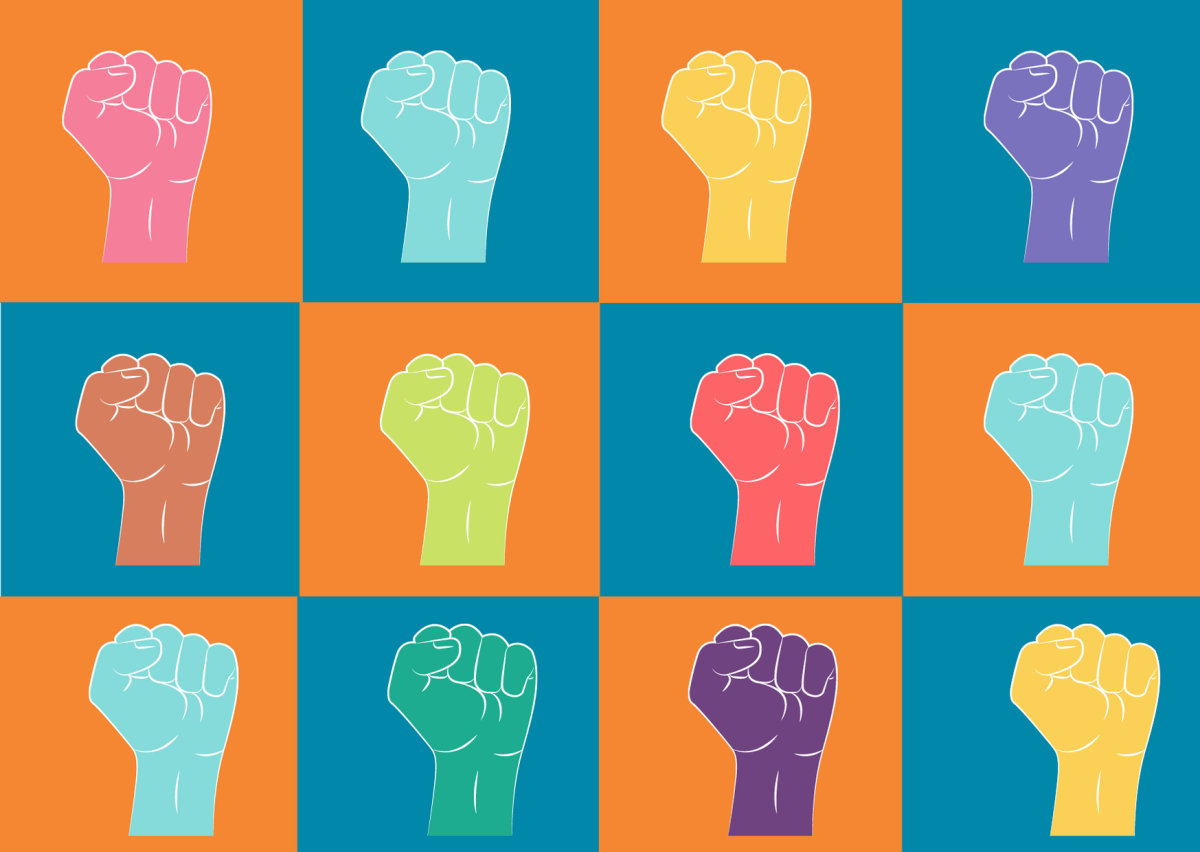Towards true inclusion: nothing about us without us
The well-deserved increased attention for the Black Lives Matter movement and subsequent worldwide discourse on racism and discrimination triggered a discussion within our organisation as well. There are many linkages to the work we do.

95 years of history: from colonial heritage to human rights
We work from a human rights-based perspective. This means that human rights norms and principles such as participation, equality and non-discrimination are central to the way we work. The aim of our work is to reduce inequalities; to reach those who are excluded and invisible and make sure they are able to fulfil their potential for a healthy life.
The start of our organisation however, has been rooted in inequality. Simavi was established in 1925 with the aim to bring better health care to, the then Dutch colony, Indonesia. And though progress has been made, the power balance between our ‘Northern organisation’ and the people we work with in Africa and Asia is still skewed. To name a few things:
- It is much easier for an organisation like ours – with its networks in the Netherlands – to access funding, than it is for African or Asian organisations. The fact that we have this access, means our partners in Africa and Asia are more dependent on us than the other way around.
- Job openings in our organisation, although technically open to everyone, are much more difficult to access for Asians or Africans because of (informal) networks, cultural differences, migration and permit issues, and language barriers.
- Strategic decisions are made by an all-Dutch board and management team, meaning African and Asian colleagues and partners are often not included in these processes.
We feel it is important to be honest and transparent about all of the above. We need to acknowledge that this is part of the world we live and work in. That being said, there are also many steps we have taken so far.
An inclusive and women-centred approach
In our programmes, we start by defining together with the women themselves which interventions are needed. This is what we call our women-centred approach.
Moreover, inclusion is integrated in all our work. We have developed several tools to improve both gender- and social inclusion in practice and policy. In 2017, we applied the Inclusion Assessment tool to our own organisation for the first time and subsequently took action to increase inclusion. We will be sharing the results and lessons learnt of this year’s assessment in our 2020 Impact Report.
Partnerships
We work together with 51 organisations in 10 countries, with excellent expertise in water, sanitation, and hygiene, and sexual and reproductive health and rights. These representatives of their communities have the networks and knowledge of the local context that is of critical importance to the work we do. In recent years, we have been striving to live up to our organisational value of being more just in these partnerships and to work towards true and equal ‘Global Leadership’. For instance, by developing a whistle-blower policy that can be used by our partners to signal possible misconduct by Simavi staff, and by conducting regular partnership satisfaction surveys.
Displaying the change
In our communication, we aim to steer clear of stereotypical and one-dimensional images. Our stories are told from the perspective of the woman it concerns. We focus on showing the actual change in the lives of the women and girls we work for. And we are continuously updating our consent-policy, to ensure stories, images and video of people can never be used without someone knowingly and willingly giving their approval.
For fundraising, we are faced with a bigger dilemma. People have limited time and attention, and multiple causes they care about. This means that an appeal needs to be clear and simple, aimed straight for the heart of the recipient, and triggering a response: to support our organisation. Sadly, a longer, nuanced story that does justice to the real and complicated lives of the women and girls we work for, does not have this effect. We want to improve this balance and the narrative we send out. This is however an issue we struggle with as an organisation and have not yet found a perfect solution for.
Work to do
We realise there is still work to do before we can speak of a real power balance and true inclusion. Moving forward, we want to improve. We will continue to challenge ourselves on this; reflect on what we do well and what we can do better; be as open and transparent about the issue as possible; listen to, and learn from others; and most importantly: consult with the partners, women and girls we work with and for in Africa and Asia on what they need, and what value we can add to achieve a lasting positive change in their lives.

